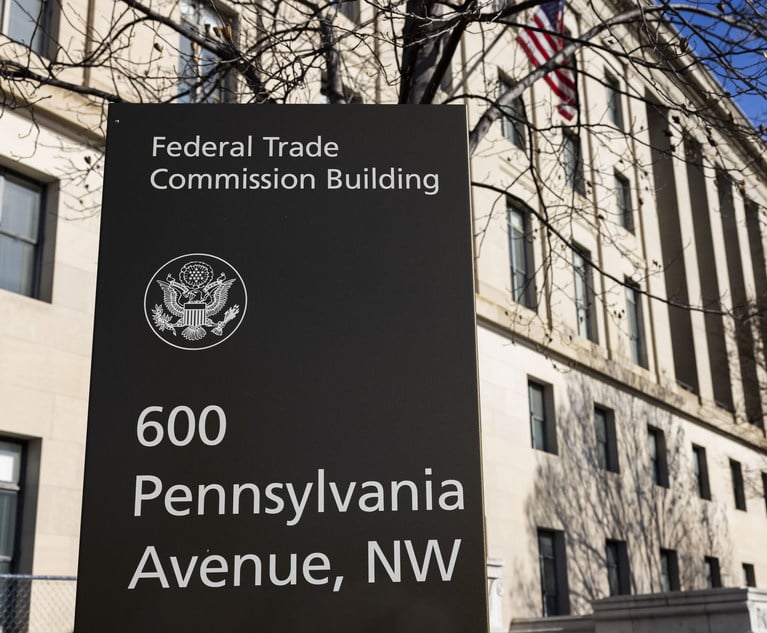Recently, in Sea Island Food Grp., LLC v. Yaschik Dev. Co., Inc., a South Carolina appellate court affirmed a trial court’s decision that: 1) a landlord had tortiously interfered with a sublease by terminating the master lease after a fire damaged the subject building; and 2) such landlord was liable to the subtenant for punitive damages. See, 433 S.C. 278, 857 S.E.2d 902 (Ct. App. 2021), reh’g denied (May 12, 2021).
In April 2013, a fire caused extensive damage to the building’s second floor and roof, but less damage to other parts of the building. After such damage, the master tenant began repair and restoration work on the building. In May, 2013 the landlord entered into negotiations to sell the building to a neighboring property owner. Though the lease required the master tenant to carry $1 million in insurance, the master tenant advised the landlord in August, 2013 that the total cost of repairs could exceed $2.3 million. In September, the master tenant requested that the landlord approve the structural plans for the building’s repair. The following week, the landlord notified the master tenant of its decision to terminate the lease. The lease provided for automatic termination in the event the premises were totally destroyed. The full lease provision reads as follows:
If premises are totally destroyed by fire or other casualty, this lease shall terminate as of the date of such destruction and rental shall be accounted for as between Landlord and Tenant as of that date. If premises are damaged but not wholly destroyed by fire or other casualty, rent shall abate in such proportion as use of premises has been lost to the Tenant. Landlord shall restore premises to substantially the same condition as prior to damage as speedily as practicable, whereupon full rental shall commence.








